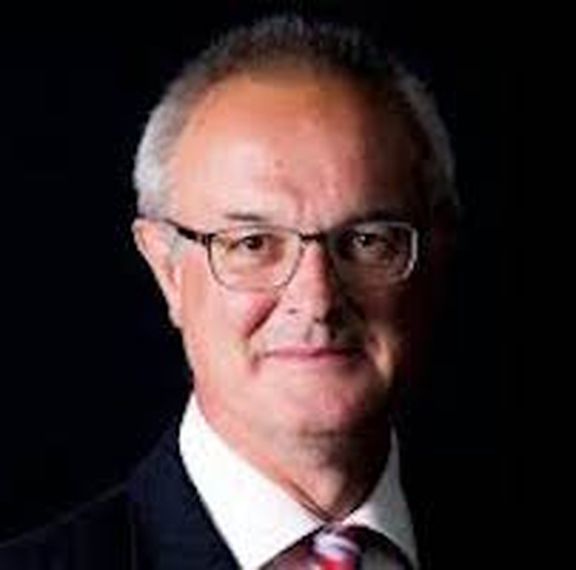

Micro Focus's buyout of HP Enterprise's software assets continues to trigger downward turbulence for shareholders. Indeed, the deal's anticipated financial benefits are running approximately one year behind Micro Focus's original plan, according to Executive Chairman Kevin Loosemore.
In a prepared statement, Loosemore said:
"Due to initial challenges in the integration of the HPE Software assets, we believe that we are running approximately one year behind our original plan and as communicated in March, we expect that on exiting the current financial year revenues will be substantially lower than anticipated at the time of the transaction."
Still, Loosemore attempted to offer an upbeat assessment of the situation, stating:
"I am pleased to report that since March there has been an improved momentum in the HPE Software integration process and a slowdown in the rate of revenue decline. This has led to revenues for the period being at the better end of management guidance. The Micro Focus strategy and proven operating model has seen us successfully acquire and integrate a number of transactions over recent years. Management is now applying the Micro Focus operating model across the enlarged Group fully and robustly after an initial period where the application had been inconsistent."
Micro Focus stock this morning fell about 11.5 percent on the news.
Micro Focus Buyout of HPE Software: Multiple Setbacks
The software company has repeatedly stumbled after acquiring certain HPE software assets for $8.8 billion in September 2016. The setbacks and business evolutions have included:
- July 2018: Micro Focus announces SUSE Linux business unit sale to EQT Partners.
- March 2018: Micro Focus CEO Chris Hsu resigned amid a big revenue and earnings warning. The stock dropped 50 percent on the news.
- January 2018: The company’s shares fell 17 percent after Micro Focus announced less-than-stellar six-month interim results.
The executive transitions also continue. The latest move: Micro Focus Executive VP Sue Barsamian plans to exit the company on August 1 as part of a "planned transition," according to CRN.




